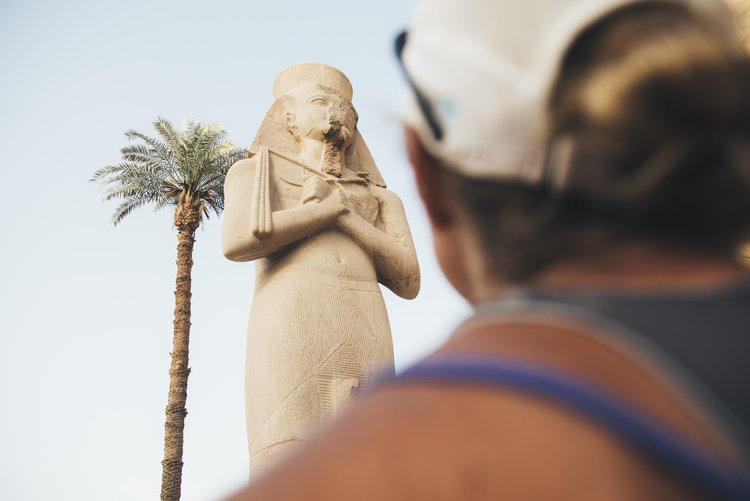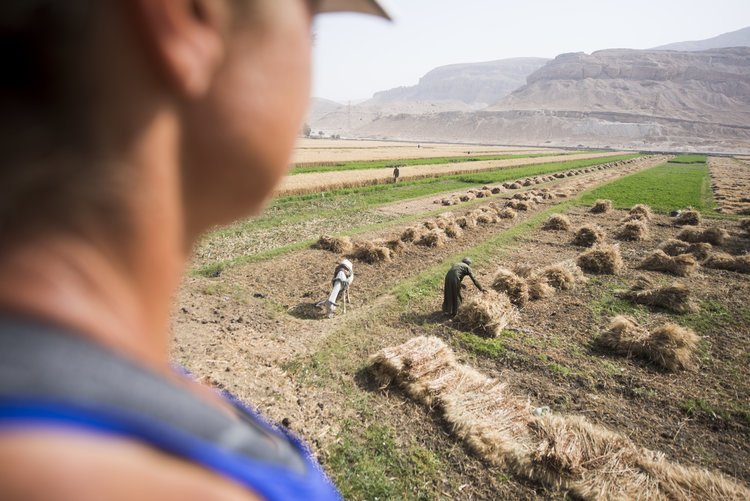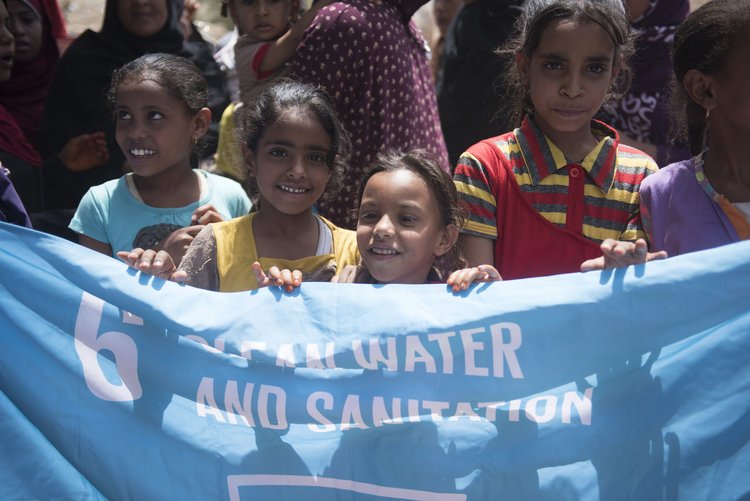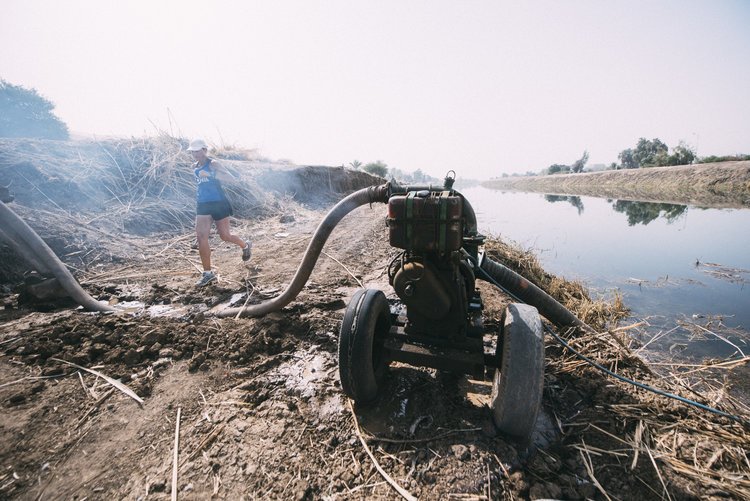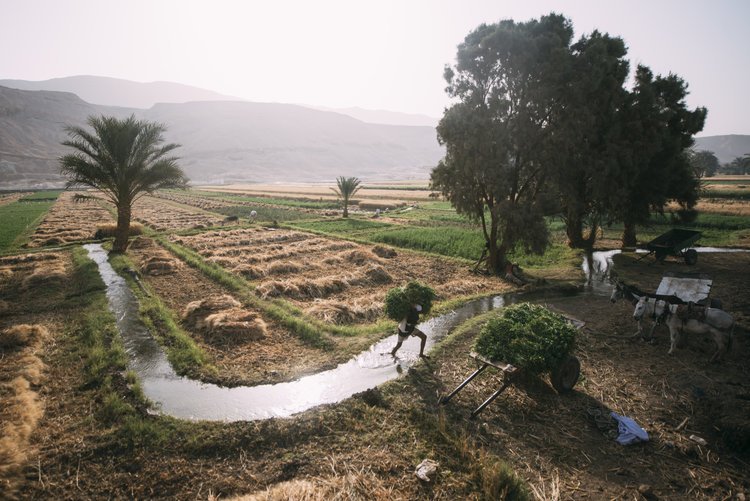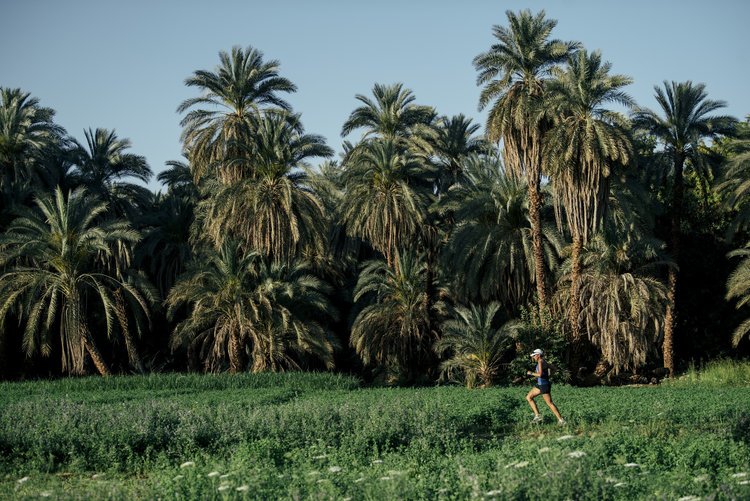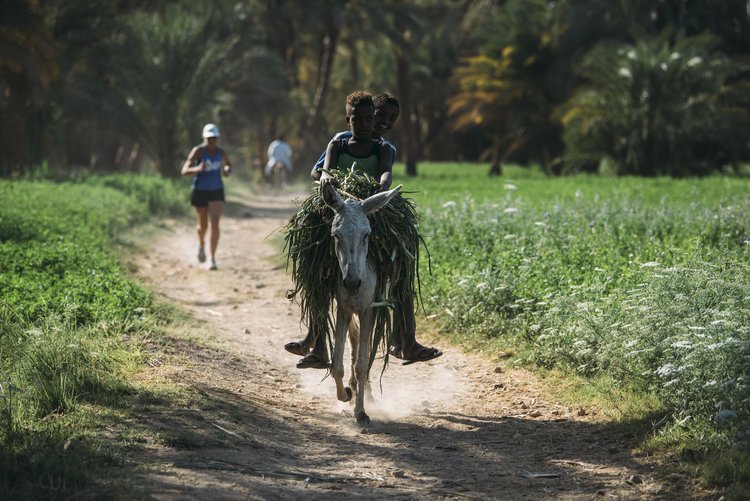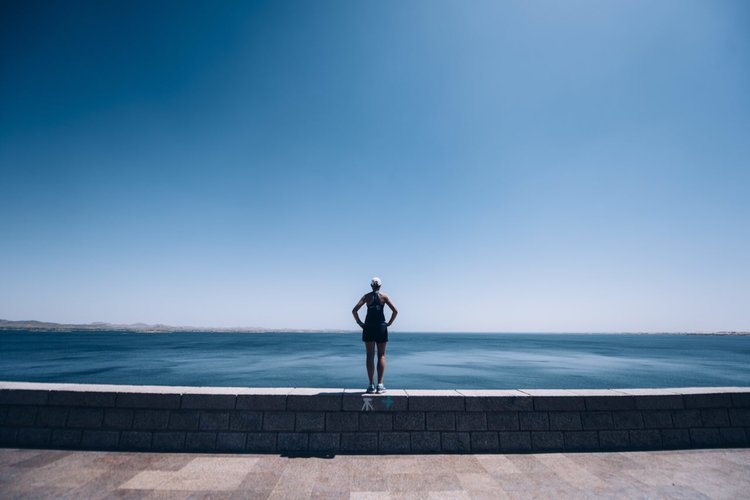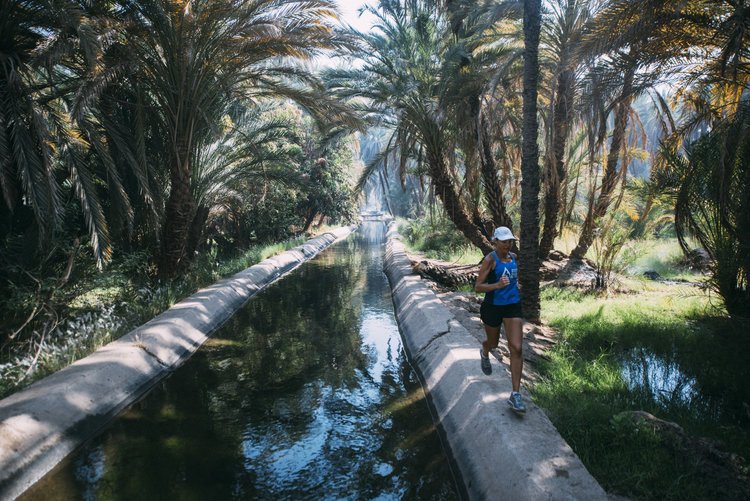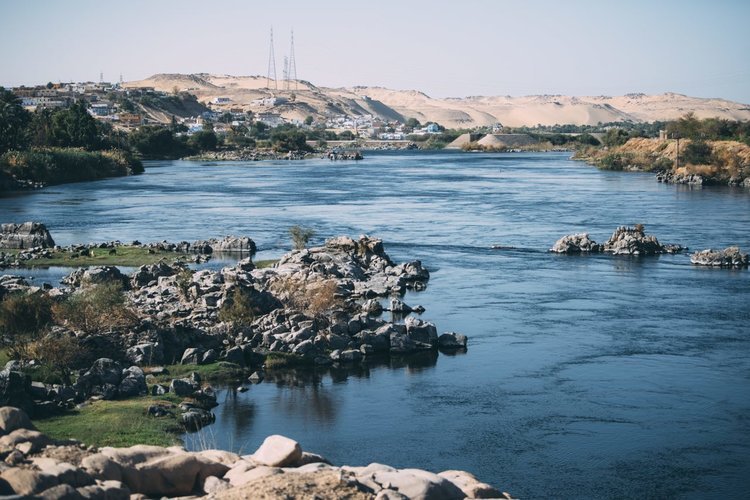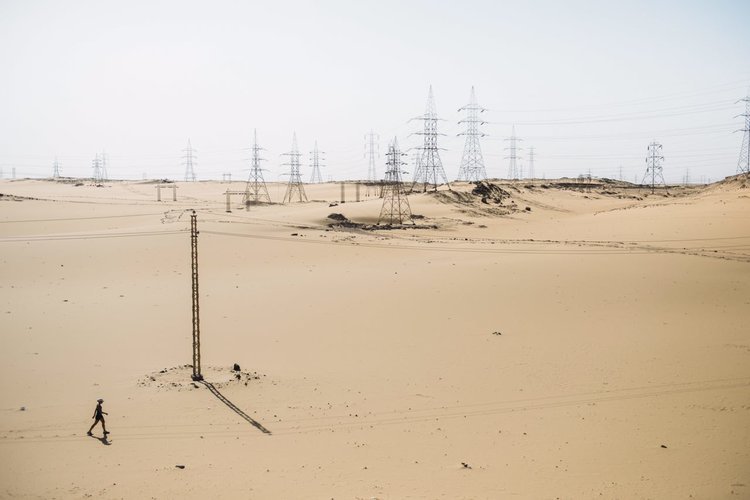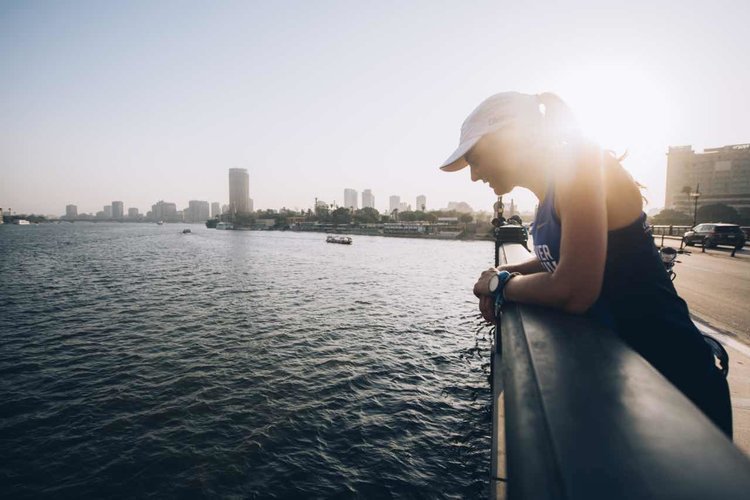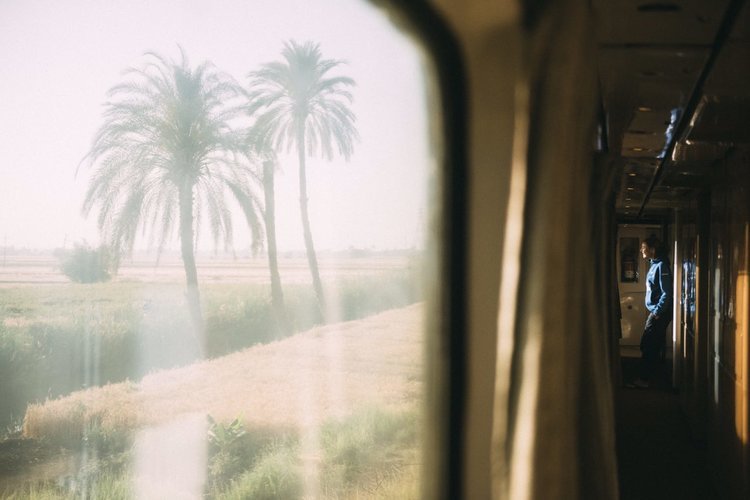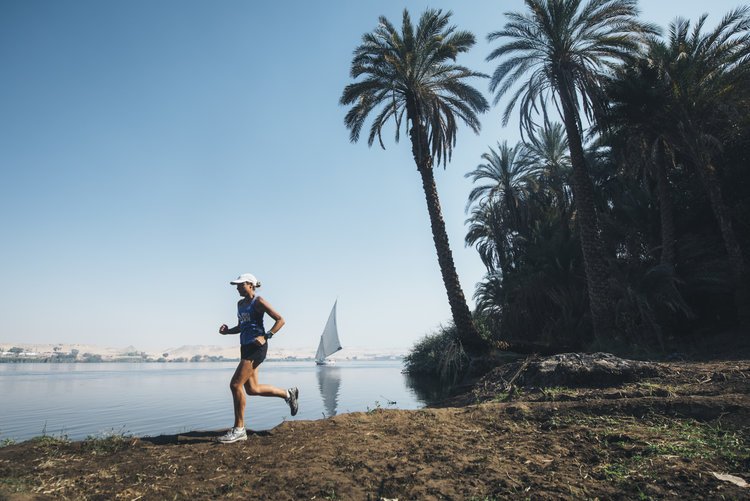EGYPT, A COUNTRY WITH WATER INNOVATION ON TAP
Flying into Cairo to run part of the Nile River - the penultimate ultra marathon in my #run4water journey - I’m reading about the water challenges that face the entire Middle East and North Africa region.
There’s been a rapid depletion of water resources in the area at a time when the demand for water is increasing. The availability and quality of fresh water is only being worsened by climate change. This puts increasing pressure on each country’s government to up their game when it comes to water management and innovating water solutions.
Watersum, an organisation that addresses sustainable water management in the Middle East and North Africa, reckons that currently total water demand in the region exceeds naturally available water supplies by about 20%, and estimate that this will increase tenfold over time, endangering Egypt, Morocco and Syria the most.
We land in Cairo and make our way to the Nile, the longest river in the world at 6,853 km (4,258 miles) long. The massive, snaking waterway and its tributaries move through 11 countries — Egypt, Tanzania, Uganda, Rwanda, Burundi, Congo-Kinshasa, Kenya, Ethiopia, Eritrea, South Sudan, and Sudan.
As I start running I am wondering what I’m going to learn about how Egypt, its government, its organisations, companies and people are dealing with their water challenges. Water is a dangerously scarce commodity in North Eastern Africa and The Nile River is the only major reliable source of renewable water supply in the Nile Basin, home to some 450 million people — a number expected to double in 25 years. Egypt currently relies on the Nile for 97% of its water needs, and global news is that the river is under threat, but this country has the longest history of water management and engineering in the world. How will it use centuries of knowledge to meet the challenge?
My first clues come from Dr Mohamed Rami, a research professor at Egypt’s National Water Research Center who says that Egypt’s water management plans for the future include reducing consumption and optimising the use of this precious resource through advanced technologies. One example of innovation is the introduction of drip irrigation in agriculture in Egypt. Another is trying to control water evaporation to reduce water losses — something Egypt’s water research centre is working on, but hasn’t yet implemented.
Outside of government, civic organisations are hard at work solving the water crisis too. In a country where agriculture accounts for 80-85% of freshwater consumption, MadForWater is using technology and water management solutions to recycle wastewater. Operational in Egypt, Morocco and Tunisia, this project is all about improving agricultural production while decreasing the agricultural sector’s heavy reliance on fresh water reserves by recycling wastewater for farming.
In Egypt, like in many other countries, the water crisis affects the poor the most. Poorer communities depend on the Nile for water, irrigation for subsistence crops as well as fish. Water pollution takes its toll on poorer communities’ health and the stocks of fish available to them.
But the Egyptian Center for Economic and Social Rights is working to overcome this with an innovation called a ‘Water Map’. The crowd-enabled map highlights areas where people struggle with water pollution, and encourages civic action for improvement of water management.
News from Egypt’s Desalination Research Center is that water desalination technology is already working hard to supplement the country’s access to fresh water. Some 135,000 cubic meters of freshwater is already being produced daily in Egypt using desalination technology. The centre says that the goal is to up this production to 1 million cubic meters per day in the next five years.
Innovation can come from anywhere, particularly from eager students who love solving problems. Originally from Cairo, Omar El Araby is now studying entrepreneurship at the Ted Rogers School of Management at Ryerson University in Toronto, Canada. After a recent trip into the rural countryside, Omar saw how people were struggling with water and decided to do something about it with his peers.
Omar says he “went to a village in Asyut where people dig 20 metres in the ground to get water.” He adds: “The water that comes out is highly contaminated with iron, magnesium, sodium—it’s not drinkable. Farmers and their families drink from it, cook from it, shower from it, clean from it, and a farmer we talked to goes to the hospital every month to remove kidney stones.”
Together with fellow student Benjamin Canning and a team from Enactus — The Ryerson University’s entrepreneurship in action programme — an organic, pottery water filtration system was created. What’s brilliant about the solution, called Project Myaah, is that it does more than one thing. It cleans water, and creates an opportunity for poorer people in rural Egypt to make the pottery filtration systems and sell them, using available materials.
The Greek historian Herodotus wrote that "Egypt was the gift of the Nile". And so it is. The gift that the Nile River, with all its challenges and complexities has given to the people of Egypt, is the opportunity to be pioneers. Pioneers in building an empire from what could have been barren desert. Pioneers in being the first nation to manage and tame water. And now? Now is the time for Egyptians to be pioneers of innovation - to adapt ancient techniques to meet the increasing demand for water and those of modern river management systems.
Next up, London Calling! England, here I come.
